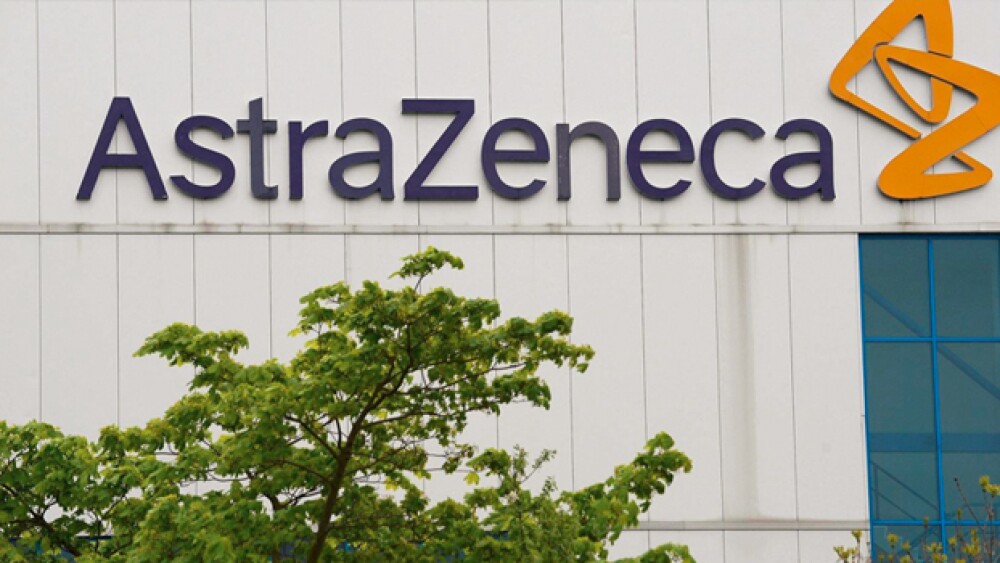Astra signed a licensing deal with Mereo BioPharma to out license the oral inhibitor of neutrophil elastase to the smaller Mereo.
AstraZeneca signed a licensing deal with Mereo BioPharma to out license the oral inhibitor of neutrophil elastase (AZD9668) to the smaller Mereo. This is the reverse of the typical deal, where large companies acquire or license products from smaller companies. In this case, AstraZeneca is offloading an under-developed or abandoned product that is outside its primary focus.
Under the terms of the agreement, Mereo is paying $3 million upfront. An additional $2 million worth of Mereo stock, 490,798 new Mereo BioPharma shares, will be the rest of the payment. AstraZeneca will also be eligible for various milestone payments based on filing and approvals.
Mero stated, “Under the exclusive license the company plans to conduct a Phase II study for the treatment of alpha-1 antitrypsin deficiency (AATD), a congenital orphan condition. The company has the right to exercise its option to acquire AZD9668 after the initiation of pivotal studies.”
According to FactSet, this will make AstraZeneca Mereo’s ninth-largest shareholders. Other investors include Novartis and Neil Woodford, head of the UK’s Woodford Investment Management.
Kumar Srinivasan, AstraZeneca’s vice president of scientific partnering and alliances, said in a statement, “This transaction reaffirms AstraZeneca’s commitment to patients by repositioning an asset into an orphan indication with a high unmet need. We will continue to divest or out-license deprioritized assets where we believe it will help accelerate the development of new medicines.”
The Financial Times writes, “The Anglo-Swedish drugmaker has sold the rights to a number of its less commercially important products this year, as it looks to focus on potential ‘blockbuster’ drugs that will offset the impact of patent expiries on its older products. In March, it took a stake in Carcassia, another Woodford-backed group, in a similar commercial rights deal.”
“We are delighted to have closed this agreement with AstraZeneca for AZD9668 in furtherance of our stated strategy of building a portfolio of products focused on rare and specialty diseases,” said Denise Scots-Knight, Mereo’s chief executive officer, in a statement. “We believe that this neutrophil elastase inhibitor has potential as an effective, orally available treatment for alpha-1 antitrypsin deficiency, an undertreated orphan condition that results in progressive lung destruction. The structure of this license and option agreement allows us to complete the Phase II study with our existing resources before triggering additional payments to acquire the asset outright.”
AATD is a genetic disease that affects about 100,000 people in the U.S. and 120,000 people in Europe. It potentially causes severe debilitating conditions like chronic liver disease, but also pulmonary emphysema, which is life-threatening.
AstraZeneca has already conducted several Phase I and Phase II trials of the drug in respiratory conditions that share common pathology with AATD, notably chronic obstructive pulmonary disease (COPD), cystic fibrosis and bronchiectasis. Those studies, which have been on about 1,000 patients, have shown the drug is safe and well-tolerated. The efficacy data and biomarker data in lung function are consistent with an elastase-mediated mechanism of action.
Mereo plans to launch the Phase II trial in AATD in 2018, and is expected to last for 12 weeks and evaluate two doses of the drug in about 150 patients with PiZZ and NULL genetic mutations. These mutations are observed most often in the most severely affected patients.





